
Eating breakfast the wrong way can lead to fatty liver disease
Improper Breakfast Habits Can Lead to Fatty Liver Disease

Breakfast is the most important meal to start the day, but consuming unsuitable foods can significantly contribute to the progression of fatty liver disease. Below are the types of foods to avoid at breakfast:
1. Sugar-Rich Foods
Many popular breakfast items contain high amounts of sugar, which is harmful to liver health. Sweetened cereals, pastries, and sugary beverages can increase fat accumulation in the liver. Fructose, a common sugar in these foods, is directly converted into fat by the liver.
A study published in Hepatology revealed that excessive fructose consumption is closely linked to insulin resistance, inflammation, and liver fat buildup. Additionally, sugary foods can cause sudden blood sugar spikes, prompting excessive insulin production, which further promotes fat storage in the liver.
Better Choices: Fresh fruits, unsweetened yogurt, or oatmeal with a drizzle of honey or fruit.
2. Refined Carbohydrates
White bread and pastries are common breakfast options but have a high glycemic index. This causes rapid spikes in blood sugar and insulin, promoting fat storage in the liver and worsening insulin resistance.
A study in the American Journal of Clinical Nutrition indicated that diets high in refined carbohydrates are strongly associated with increased liver fat, even without a significant increase in total caloric intake.
Better Choices: Whole-grain bread, brown rice cakes, or quinoa-based dishes.
3. Processed Meats
Bacon and sausages are rich in saturated fats, sodium, and preservatives like nitrates. Saturated fats increase triglyceride levels in the blood, contributing to liver fat accumulation. Additionally, the high sodium content can lead to water retention and high blood pressure, adding stress to the liver.
A study published in Nutrients found that high consumption of processed meats is associated with a greater risk of fatty liver and liver fibrosis due to their high fat and sodium content.
Better Choices: Lean protein sources like eggs, tofu, or grilled chicken breast.
4. High-Fat Dairy Products
Whole milk, cream, and cheese are common breakfast staples but are high in saturated fats. These fats can exacerbate fat accumulation in the liver, increase inflammation, and impair the liver's ability to metabolize fats.
Research in Gastroenterology highlights that replacing saturated fats with unsaturated fats in the diet can significantly reduce liver fat and improve metabolic health.
Better Choices: Low-fat dairy or plant-based milk alternatives such as almond or soy milk.
5. Trans Fats
These are among the most harmful fats for liver health and are often found in margarine, baked goods, and certain processed breakfast foods. Trans fats increase inflammation, insulin resistance, and fat storage in the liver.
Better Choices: Natural nut butters and freshly baked goods instead of processed options.
6. High-Sodium Foods
While sodium doesn’t directly cause fatty liver disease, excessive intake can worsen liver conditions in at-risk individuals. High-sodium breakfast items such as instant noodles, canned soups, and salty snacks can lead to water retention and elevated blood pressure, placing additional stress on the liver.
Better Choices: Opt for low-sodium options and prioritize foods rich in fiber, lean protein, and unsaturated fats.
Final Thoughts
Changing breakfast habits by prioritizing healthier options can reduce the risk of fatty liver disease. Incorporate fiber-rich foods, lean proteins, and unsaturated fats while maintaining a balanced diet. Combine these changes with regular exercise and a healthy weight to best protect your liver.
News in the same category


Doctors Warn: To Protect Your Pancreas, Avoid These 5 Breakfast Foods — No Matter How Hungry You Are

Why Japan Has One of the World’s Lowest Diabetes Rates Despite Eating So Much Rice — The Surprising Habit Everyone Can Learn From

Why are buttons on men’s and women’s shirts always on opposite sides?

The first animal you spot in this visual reveals your ‘worst flaw’
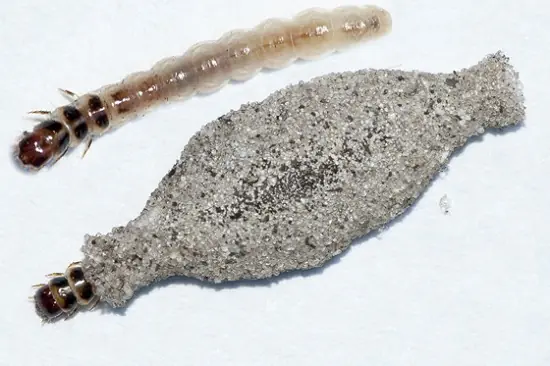
Tiny “Bags” on your walls? Here’s what they really are and how to get rid of them for good

Why we help waiters: The psychology behind a simple act of kindness

Say Goodbye to Joint and Foot Pain with a Relaxing Rosemary Bath

There's actually a rule, and now I finally understand the reason

Ever Wonder Why Japanese People Wear Socks to Bed All Year Round? Here’s the Surprising Reason

A Once-Discarded Leaf Now Becomes a Billion-Dong Industry as China Buys in Bulk

The Mystery of the Tiny Pocket on Jeans: 90% of Wearers Don’t Know Its Original Purpose

“I Almost Lost My Life”: A Shocking Warning for Every Household Using a Water Heater

No Scrubbing Needed: This Simple Trick Makes Your Electric Kettle Spotlessly Clean Like New

Why do flight attendants usually go to a hotel instead of going home after the plane lands?

Why Do Japanese People Wear Socks to Sleep — No Matter the Season?

There Is a Small Part Inside Your Washing Machine Open It Once a Month to Keep the Drum Clean and Your Clothes Smelling Fresh
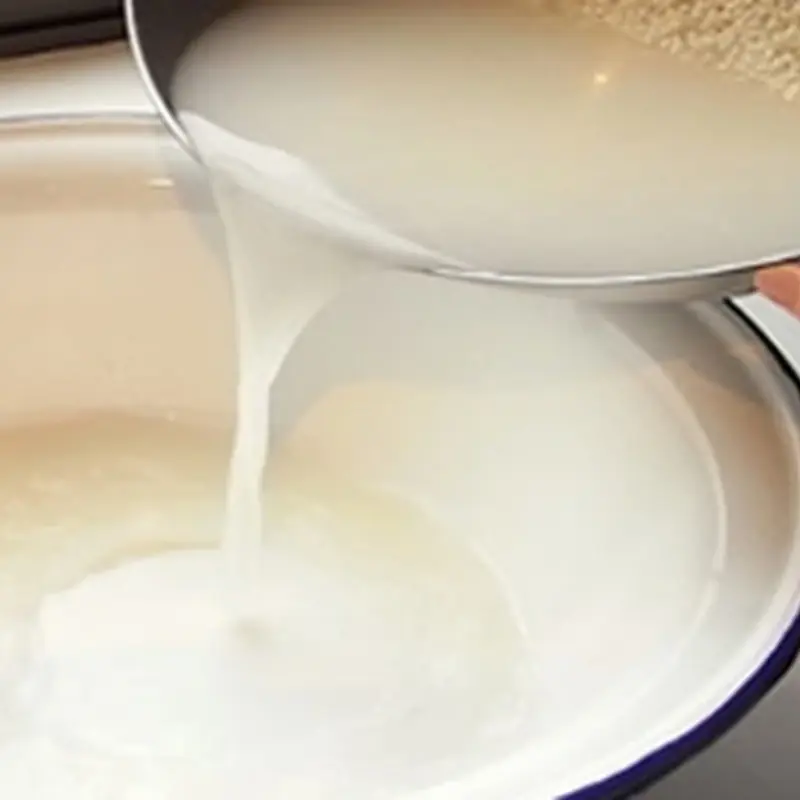
Don’t Throw Away Rice-Washing Water: Discover Its Surprising Uses That Can Help You Save a Fortune

If you have these two holes in your back, it means…

Drink Coffee This Way to Extend Lifespan and Stay Younger, Experts Say
News Post

7 Simple Ways to Check If Your He.art Is Healthy

Three Types of Fish That May Be “Can.cer Hotspots” — No Matter How Tasty, It’s Best to Avoid Them (The Second Is a Favorite in Many Households)

Doctors Warn: To Protect Your Pancreas, Avoid These 5 Breakfast Foods — No Matter How Hungry You Are

Experts Warn: Never Unplug These 7 Household Devices — You Won’t Save Money, and It Could Cause Even More Harm

A 3-Year-Old Boy Nearly Blinded by 502 Super Glue

Over 40% of Can.cers Are Preventable: Oncology Doctors Reveal the Daily Habits They Trust Most

Why Japan Has One of the World’s Lowest Diabetes Rates Despite Eating So Much Rice — The Surprising Habit Everyone Can Learn From
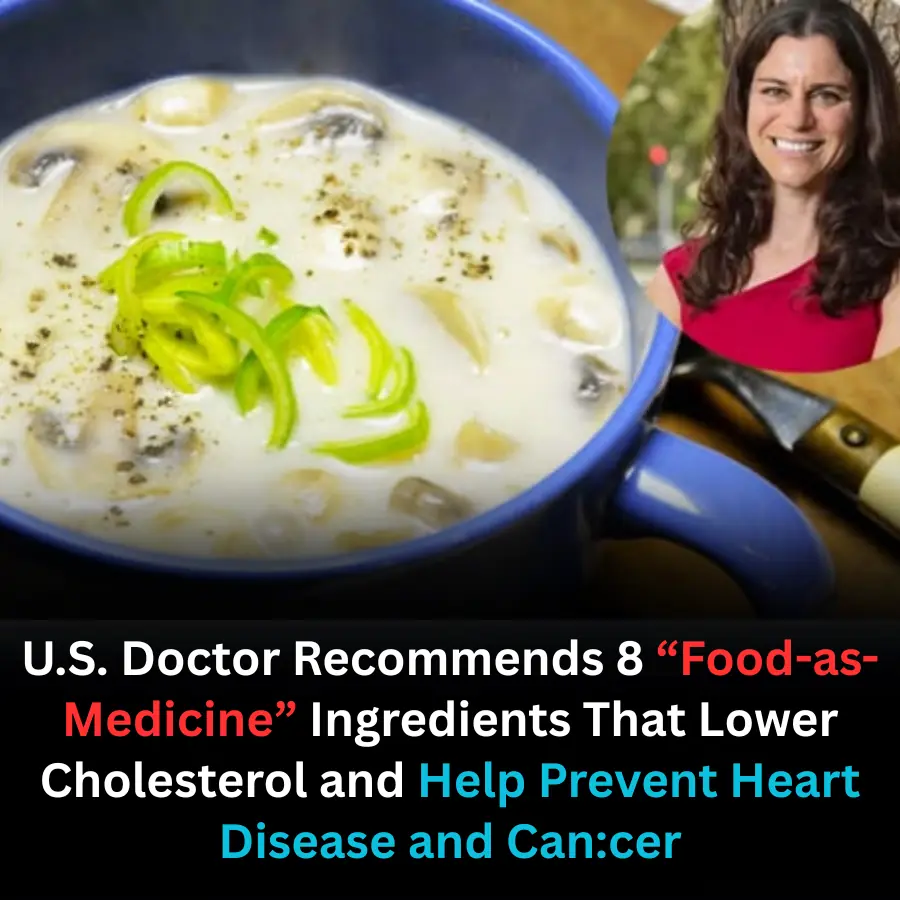
U.S. Doctor Recommends 8 “Food-as-Medicine” Ingredients That Lower Cholesterol and Help Prevent Heart Disease and Can.cer

Midnight Phone Reach Leaves Woman Paralyzed on One Side: Doctors Urge the Public Not to Ignore Early Warning Signs
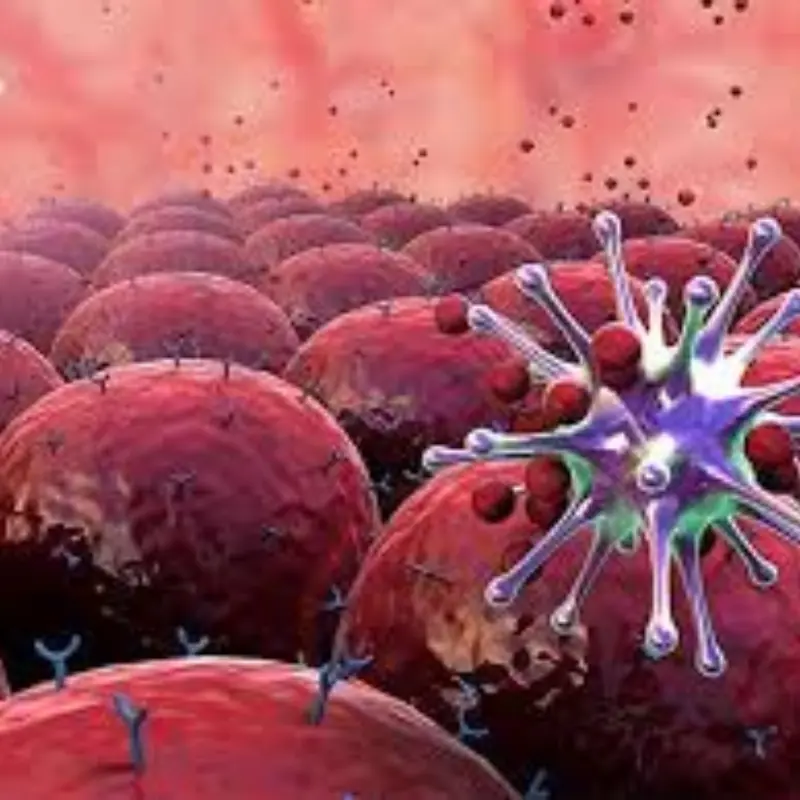
This Food May Help “Slow Down” Can.cer Growth — It’s Hidden in Daily Meals, Yet Many People Don’t Eat Enough of It

Woman Paralyzed on One Side After Turning Over to Grab Her Phone at Night: Don’t Ignore These Warning Signs

A Husband and Wife Were Both Diagnosed With Li.ver Can.cer

The More You Eat This Type of Meat, the Greater the Danger: Over 2,800 People Linked to Bra.in Damage and High Blo.od Pressure
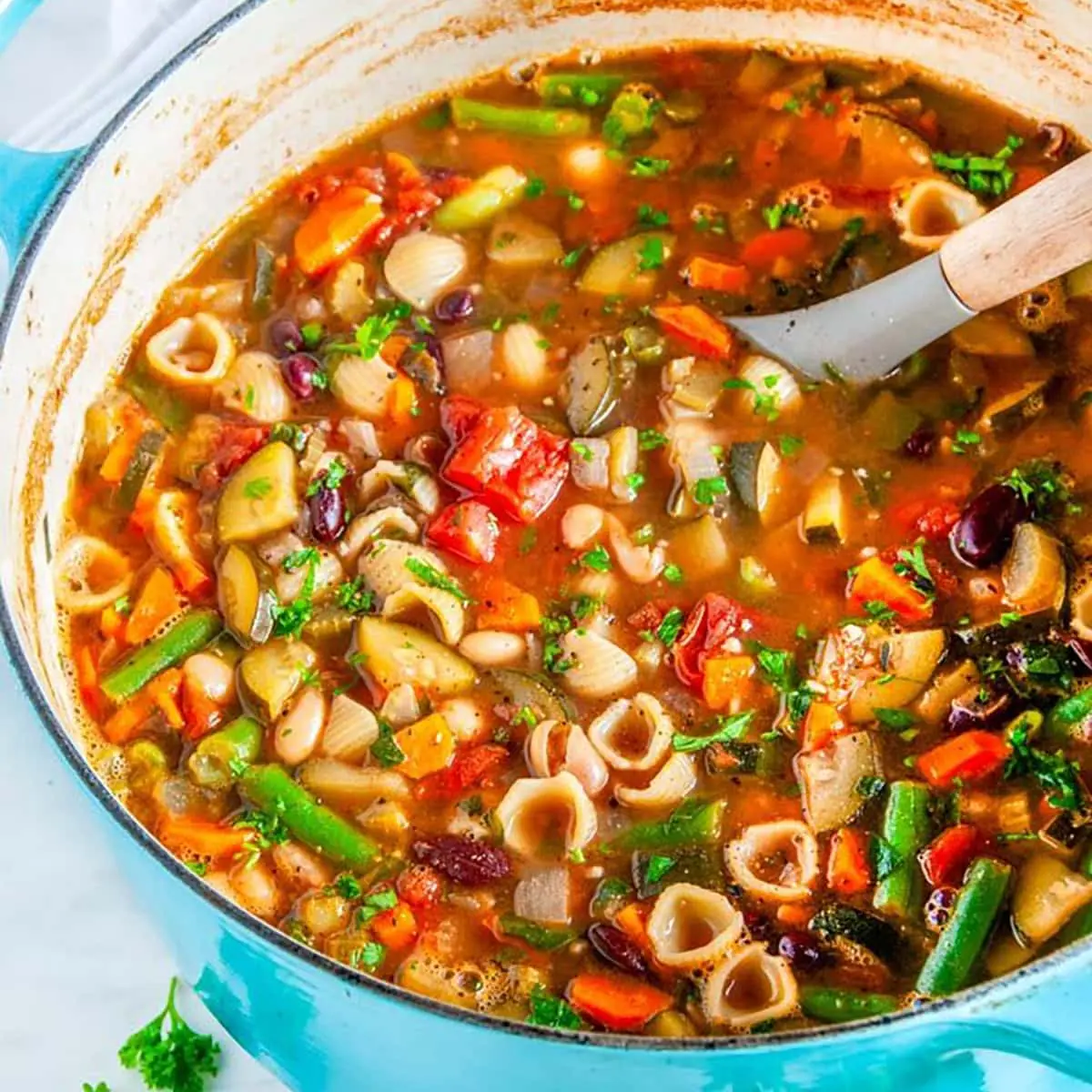
A Man Eats the Same Thing Every Morning—His Doctor Exclaims: “You’re the Healthiest Patient I’ve Ever Seen”

Asparagus, Ham & Cheese Puff Pastry Rolls

Beef Wellington with Mashed Potatoes & Roasted Vegetables

Spicy Honey Garlic Shrimp

3 inti.mate habits of husbands that may increase wives ri.sk of cer.vical can.cer
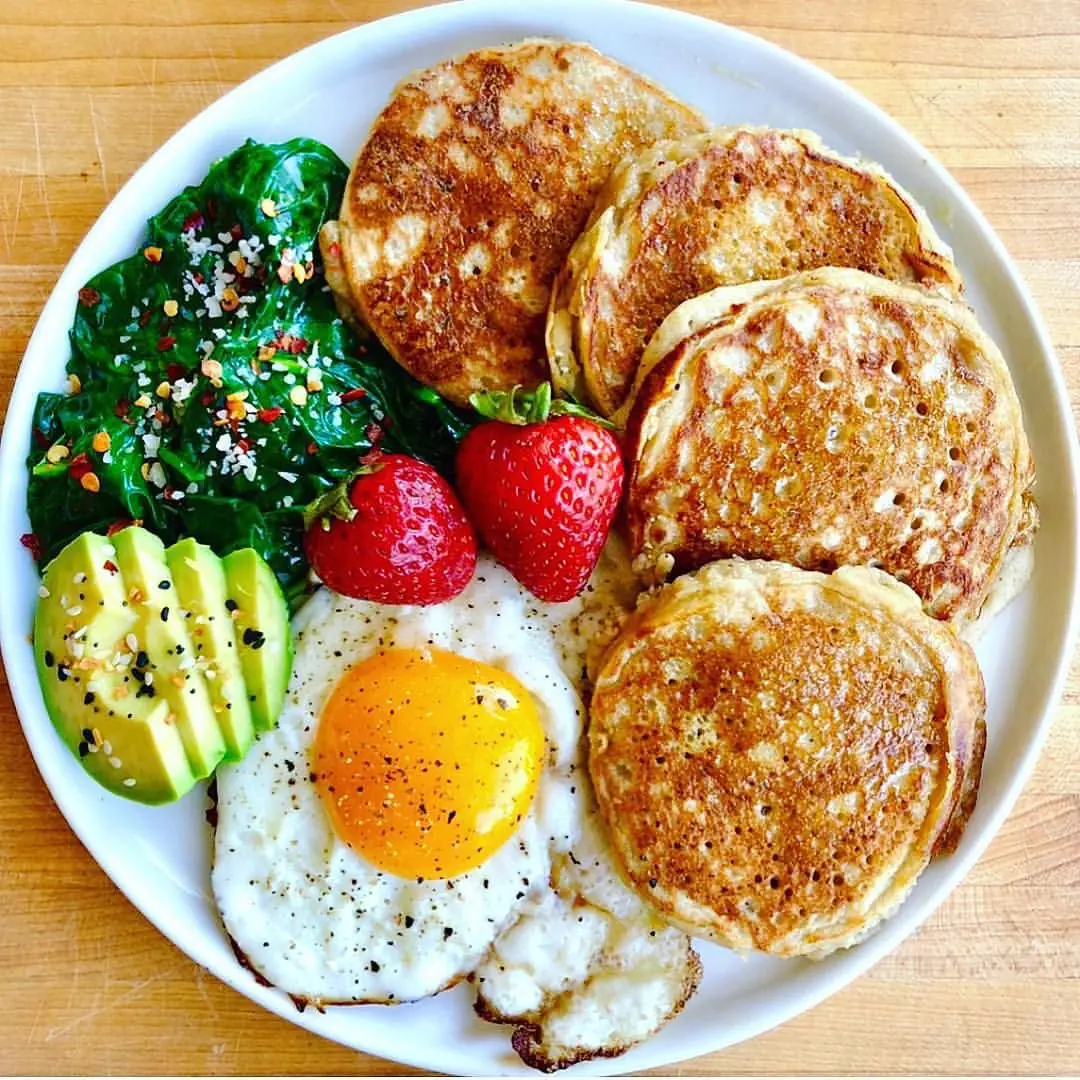
Breakfast Plate with Pancakes, Fried Egg & Avocado
